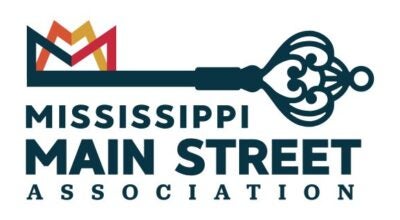Mississippi tech company to host high school coding challenge
Published 2:19 pm Monday, March 18, 2019
C Spire, a Mississippi-based wireless, technology and broadband company, will convene its fifth regional coding challenge since 2017 later this week to better prepare students for a high-tech future by encouraging and enabling them to pursue a degree and career in information technology and computer science.
The C Spire coding challenge on Thursday at the company’s Ridgeland headquarters will feature teams of up to four students each from 33 public and private high schools across 24 counties competing for scholarships and other tech-related prizes. Four previous competitions since April 2017 have involved 88 high schools and over 380 students in 49 counties.
Students and at least one adviser from each school will use critical thinking and problem-solving skills to solve a fun, fresh computer coding challenge during the day-long competition. C Spire employees with IT backgrounds and experience are volunteering to help each team. Members of the top three teams will receive college scholarships.
Pepper, a four-foot tall humanoid robot from Softbank Robotics America with a tablet for a chest, also will be on hand interacting with students and other guests participating in the competition. Lobaki, a Jackson-based virtual reality firm, plans to provide demonstrations throughout the day.
“Building on our earlier highly successful coding challenges, we’re planning a fun, entertaining and educational day for all of the students who participate in the program,” said Carla Lewis, chief information officer for C Spire. “Hopefully, we can inspire and encourage them to seriously consider IT and computer science as an academic and career path.”
Workers with a background in computer science are in high demand and short supply in Mississippi. Employers currently have nearly 1,000 unfilled job openings due to the serious shortage of trained, qualified IT workers, Lewis said. The average entry- level salary for qualified junior IT workers is over $50,000 a year, 30 percent higher than the statewide average.
“It’s never too early to start preparing students for a technology-infused future,” Lewis said. Research shows that by the time children in grades K-6 graduate from high school and college, 60 percent will work in jobs and professions that do not exist today. “Jobs and professions constantly evolve and we need to inspire, educate and prepare children for a new tomorrow,” she added.






